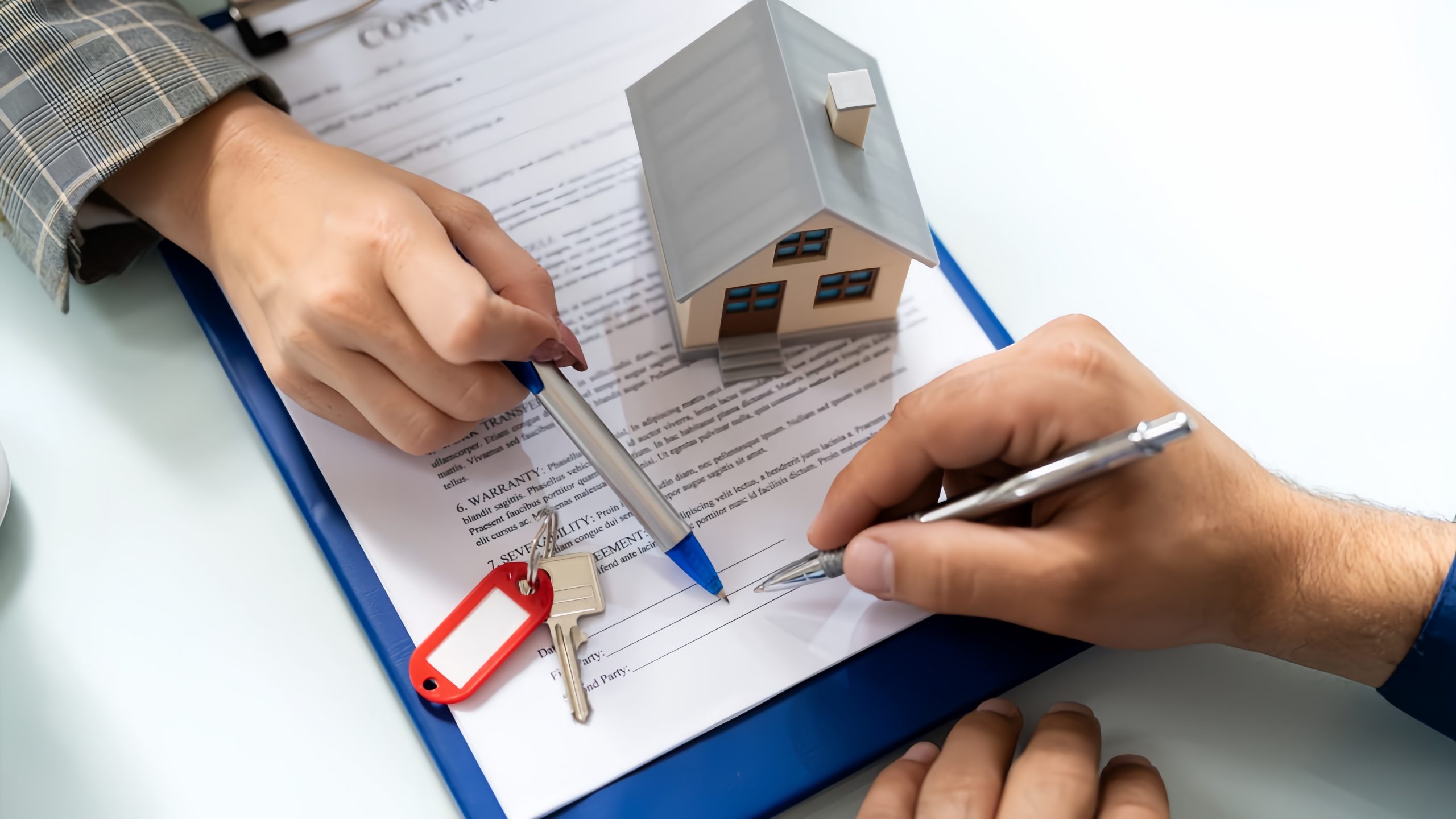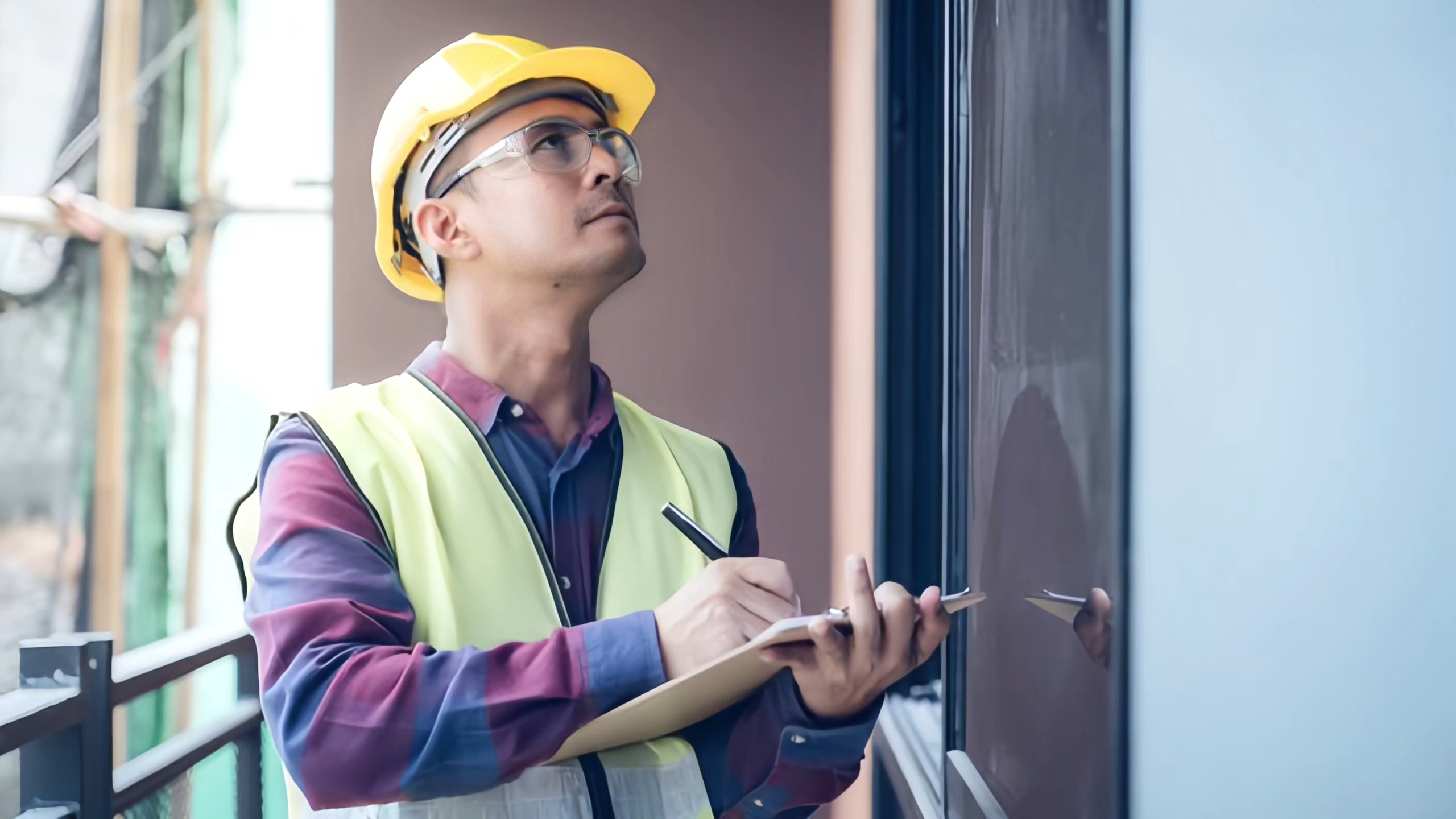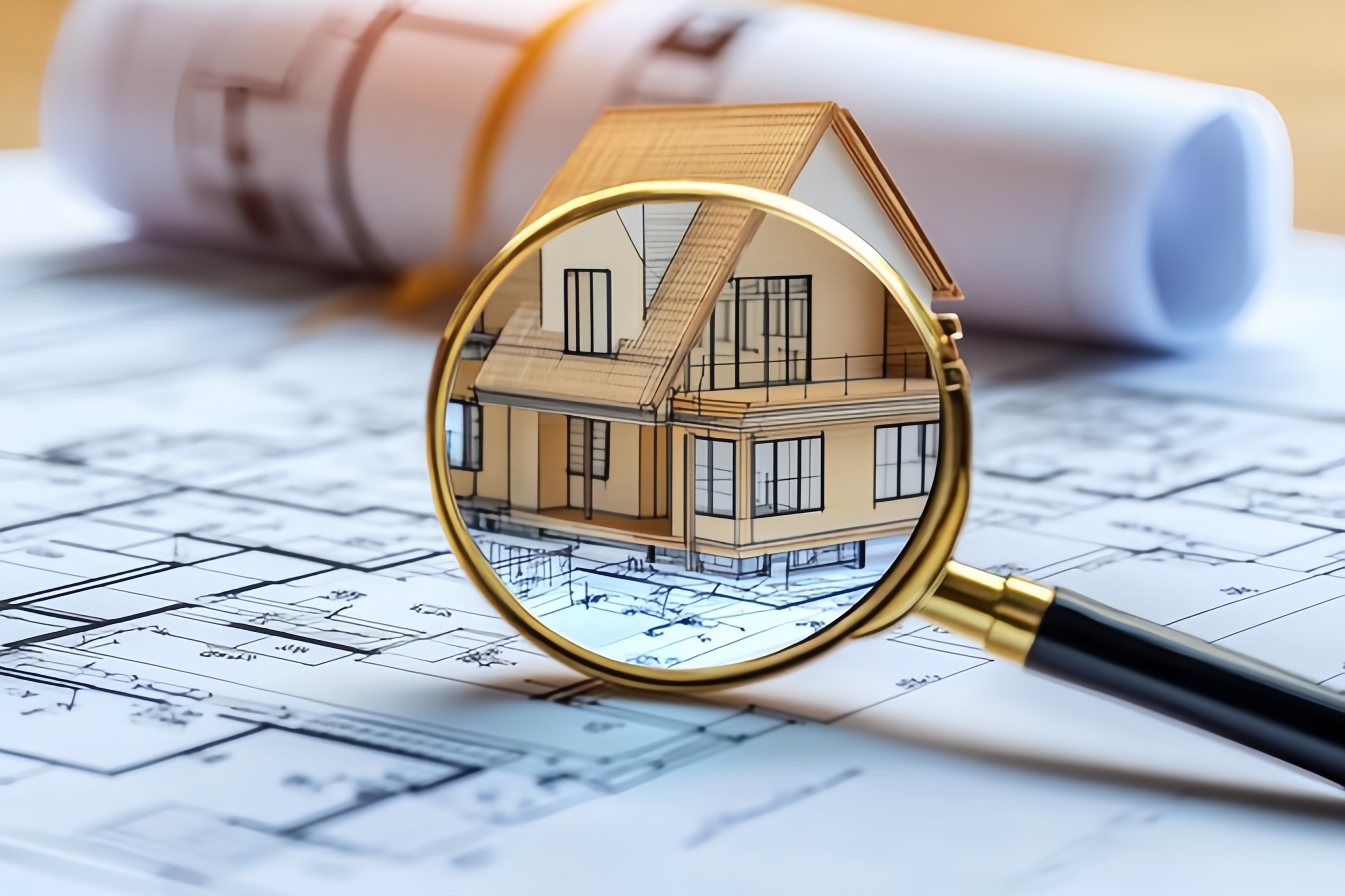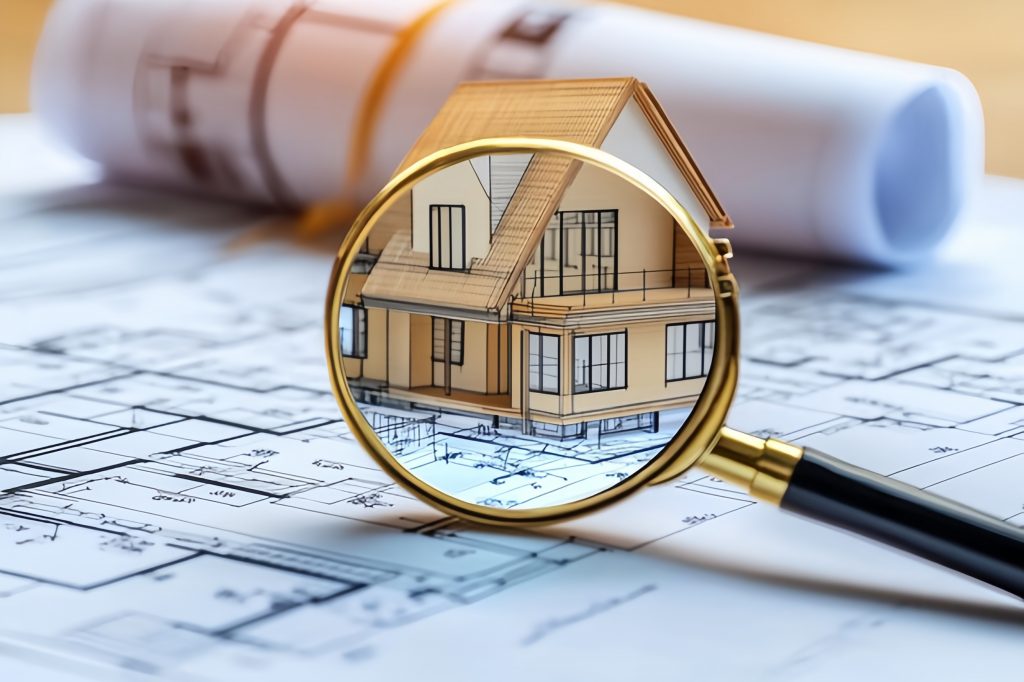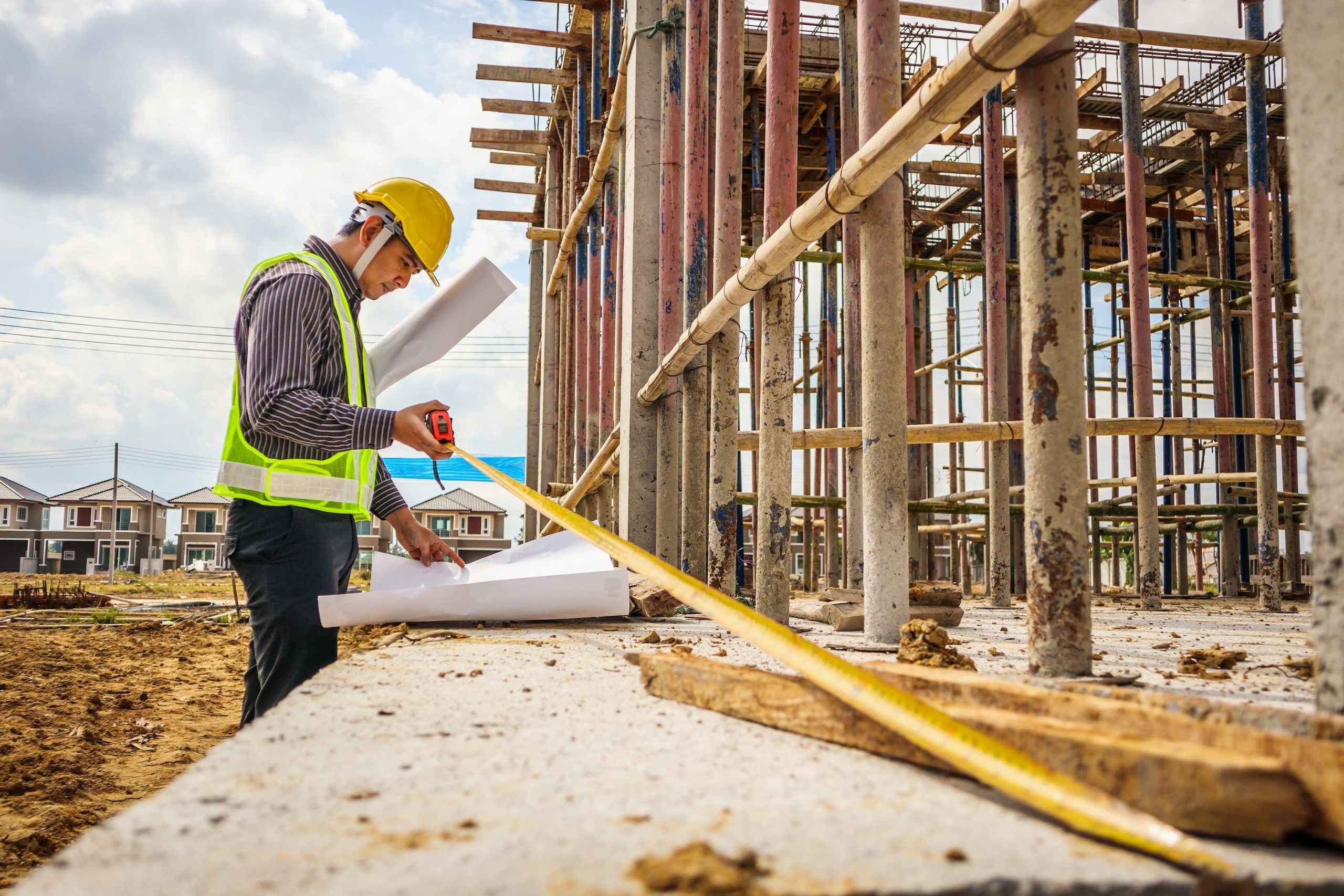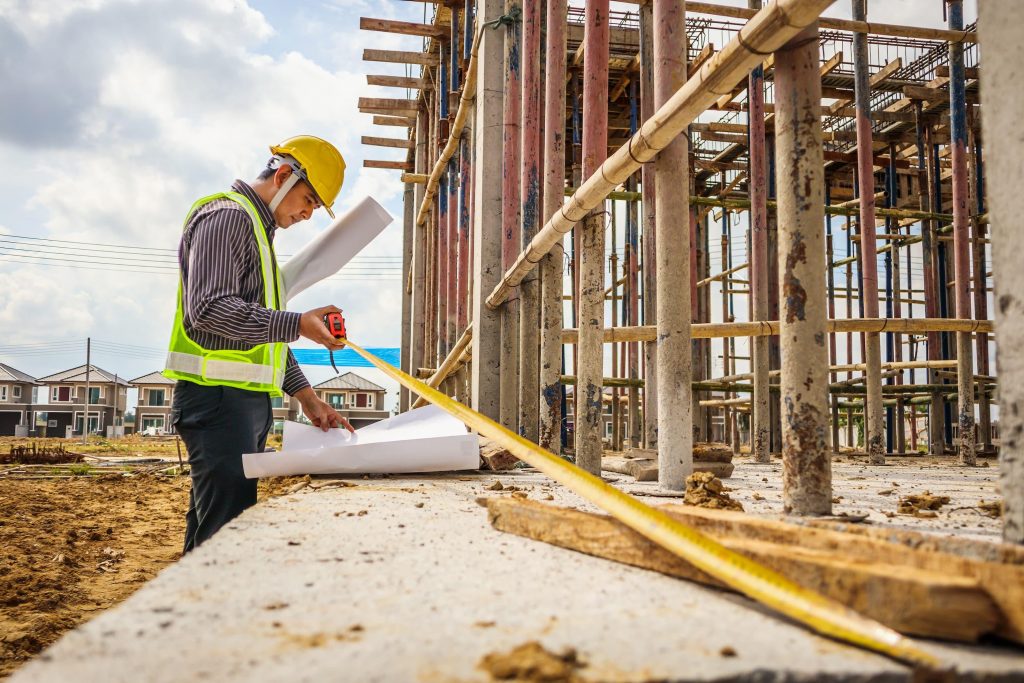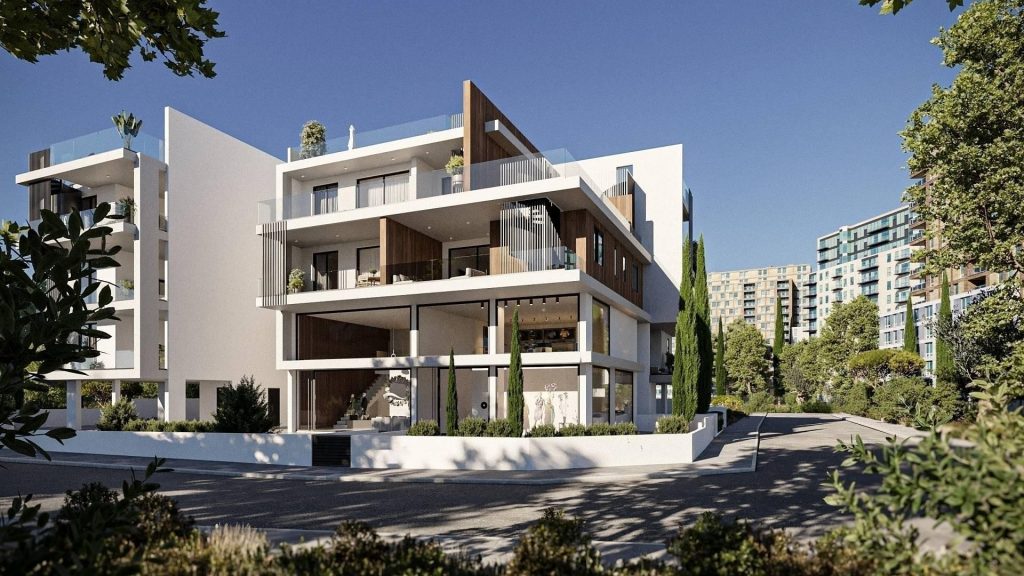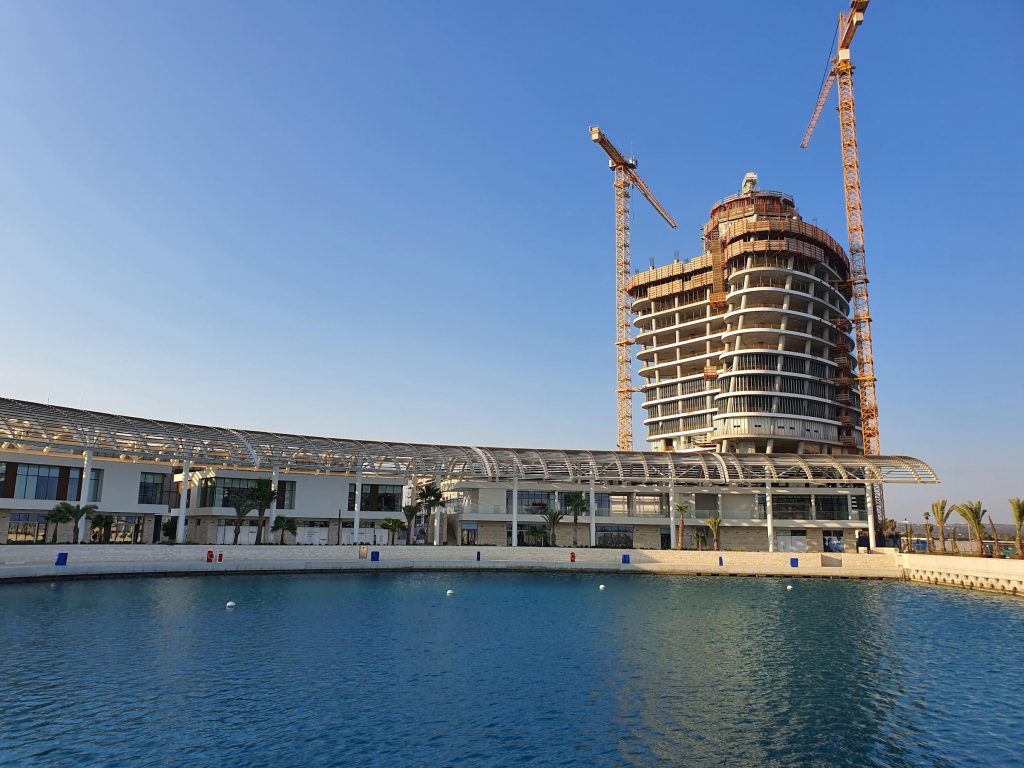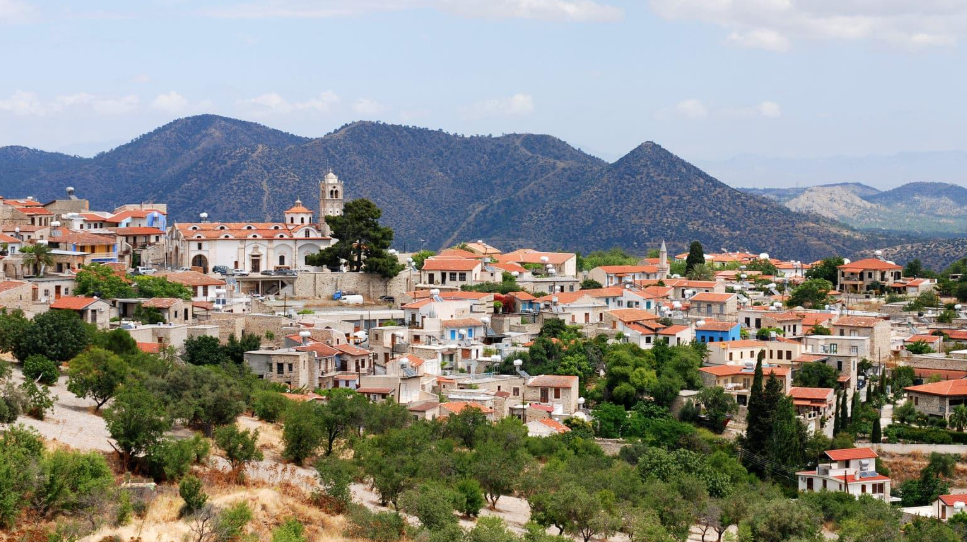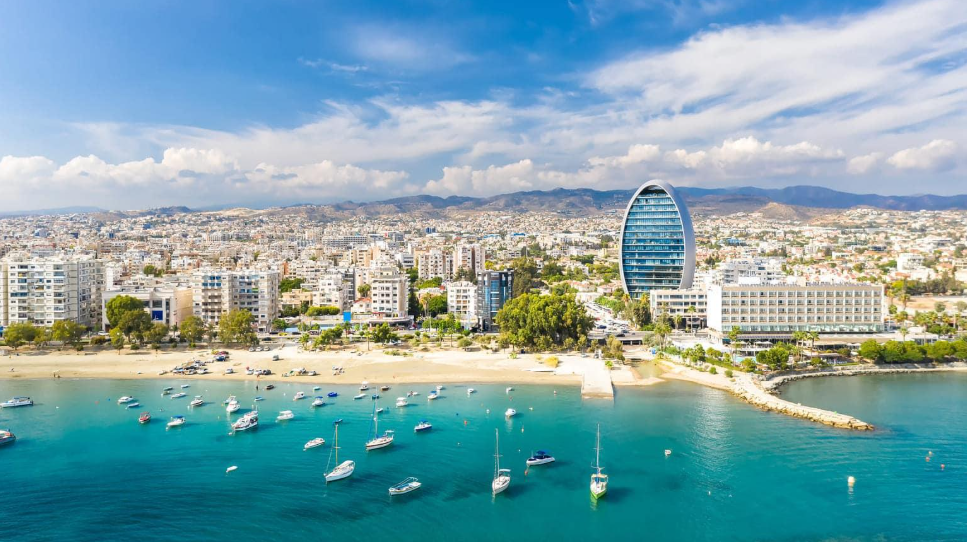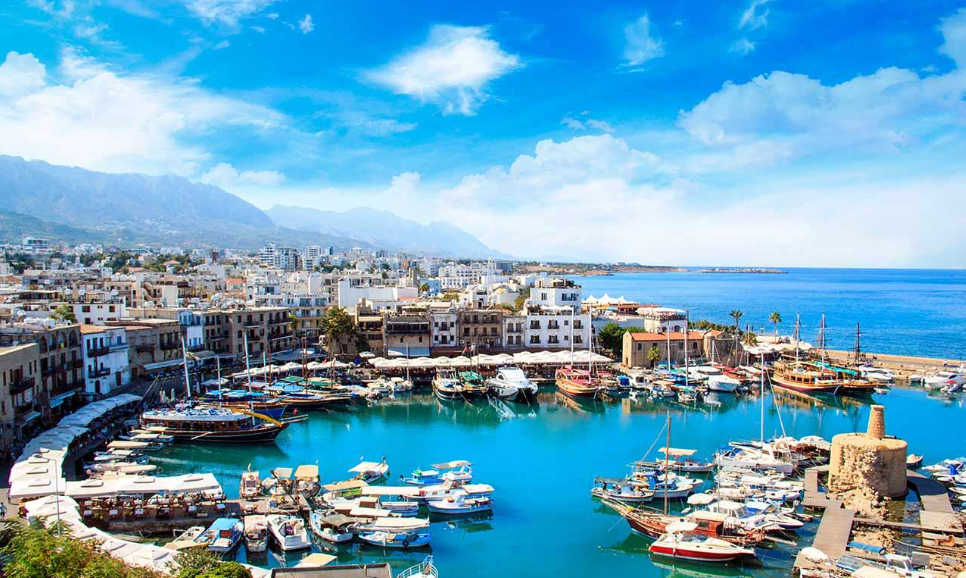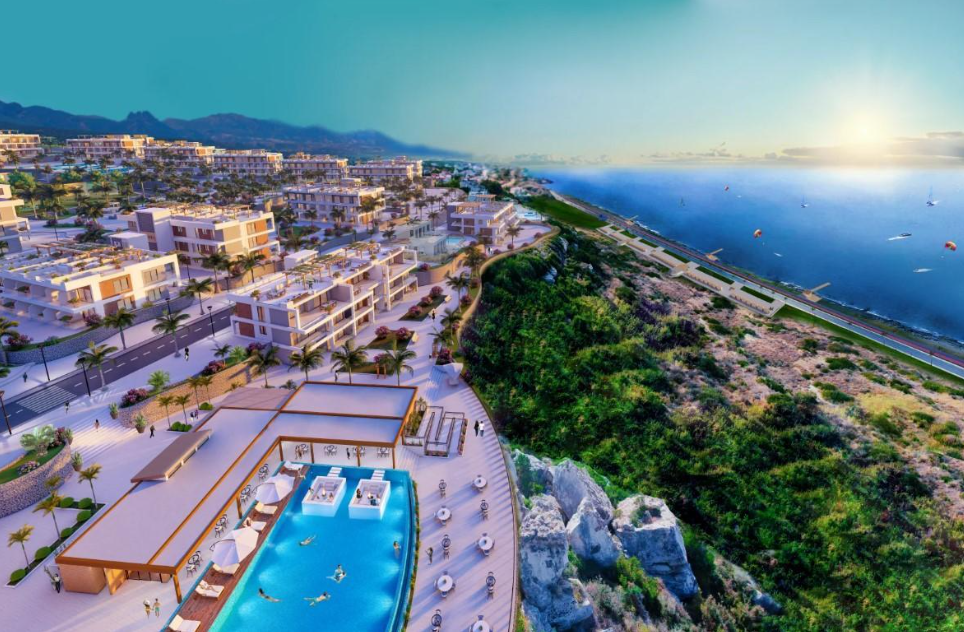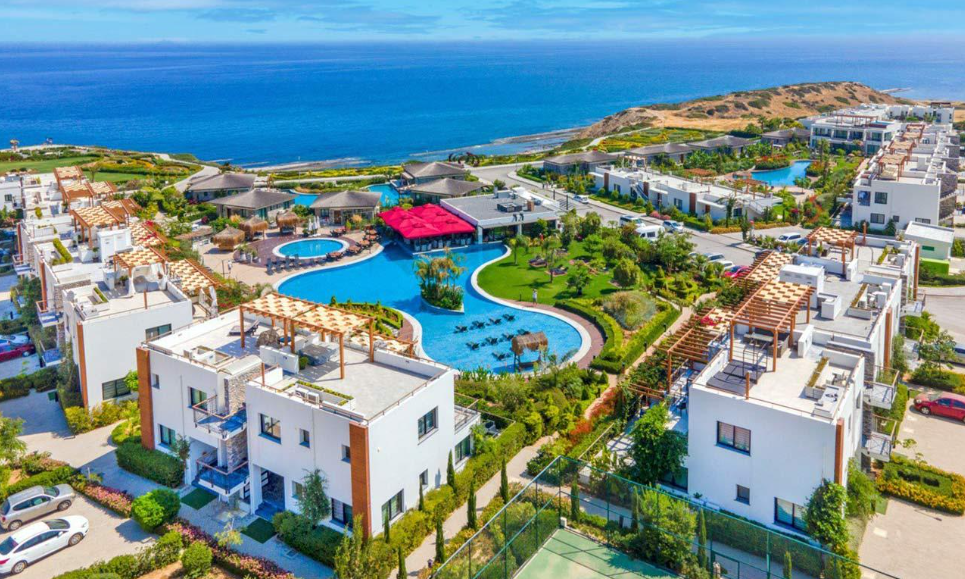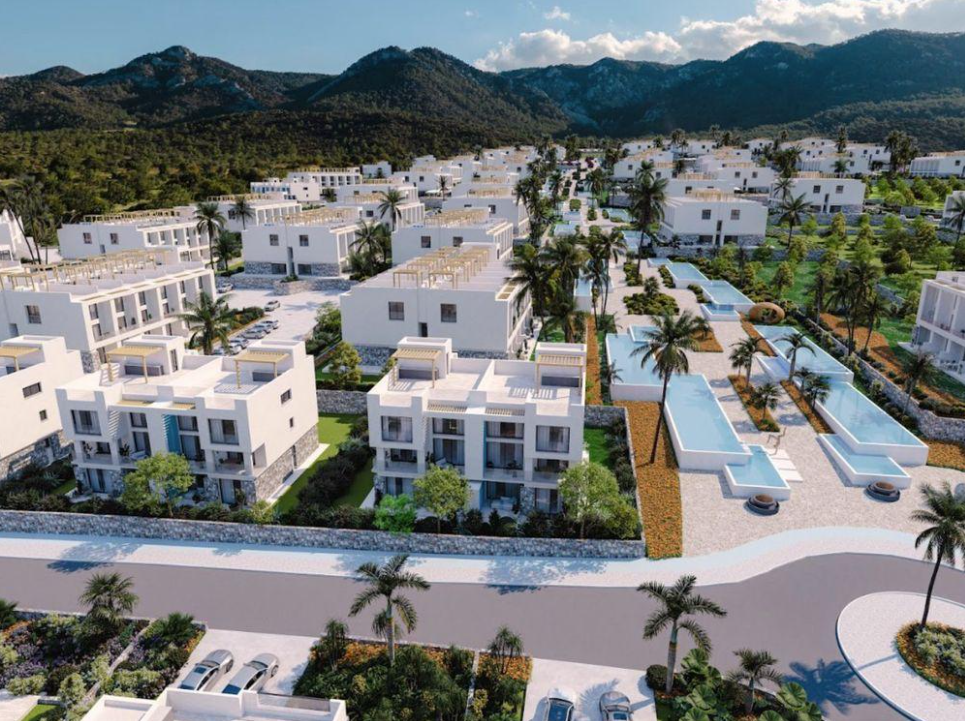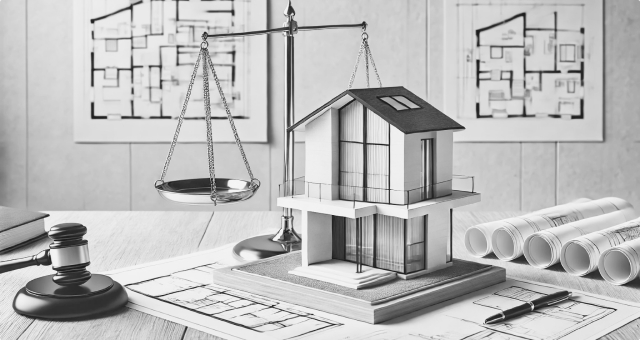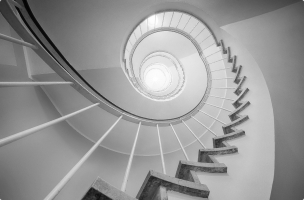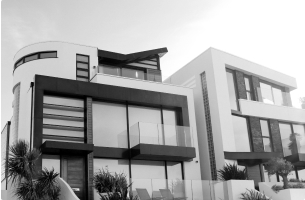In sunny Cyprus, where the real estate market is booming and attracting both locals and foreigners, the Snagging List is a real lifesaver for those who want to avoid unpleasant surprises. After all, even the most modern and expensive homes can hide defects that are easy to overlook without a professional inspection. And that means unnecessary stress and high costs in the future. Don’t let the little things ruin your Cypriot dream!
In this post, we will explain in detail what a Snagging List is, what defects are most common in new buildings in Cyprus, and how the Hinode team helps you go through this process competently, calmly, and to your advantage.
What is a Snagging List and how is it compiled?
A snagging list is a detailed list of all defects and non-conformities identified after the completion of construction or finishing works. The list of defects is compiled by a qualified specialist – an engineer, architect, or independent inspector who is not affiliated with the developer. The sequence of actions is as follows:
- Initial inspection of the property. The inspector thoroughly checks all the main elements of the property – from the foundation to the roof, including utilities and finishes.
- Recording defects. All defects found are recorded witha description, photographs, and an indication of their severity.
- Report preparation. Based on the inspection, a detailed Snagging List is compiled with recommendations for eliminating defects.
- Report submission to the developer. The report is officially submitted to the developer for timely correction of all comments.
Common Defects
A snagging list is a report of identified defects. But what problems do buyers of new buildings in Cyprus most often encounter?
Here are the most common ones:
- Windows and doors: poor closure, gaps, drafts, misalignment, poor sealing – especially critical for climates with hot summers and humid winters;
- Finishing: cracks in plaster, uneven walls and ceilings, stains, streaks, and sloppy painting;
- Electrical: non-functioning outlets, incorrect wiring, poor grounding, insufficient number of connection points;
- Plumbing: leaks, noise in pipes, insufficient waterproofing, low water pressure;
- Floors and coverings: squeaks, unevenness, poorly laid tiles or parquet, gaps between panels;
- Air conditioning and ventilation: inefficient operation, blockages, incorrect placement of ventilation grilles;
- Furniture and built-in elements: poor installation of kitchen units and cabinets, warping, poor fittings;
- Drainage and gas: clogged storm drains, improper slopes on balconies or terraces, lack of or improper installation of ventilation for gas appliances.
Such defects may seem insignificant at first glance, but in the long term they lead to additional expenses and deteriorate the quality of life.
Hinode: your guarantee of quality and protection of your interests
When purchasing real estate in Cyprus, you have the right to expect impeccable quality. But for this to become a reality, expert supervision is necessary. In this regard, Hinode will be your reliable partner.
Our experts, with their deep understanding of building standards and the specifics of the Cypriot market, carefully inspect all elements of the property. Based on the inspection, we compile a comprehensive Snagging List describing all identified defects, with photos and recommendations for rectification.
Such a list cannot be ignored or circumvented. We also accompany the entire process: we communicate with the developer, monitor the quality and timing of the work performed, and, if necessary, re-inspect the property before final acceptance. In case of disputes, we provide advice, explain the buyer’s rights, and help ensure that they are upheld under Cypriot law.
Frequently Asked Questions (FAQ)
When should an inspection be carried out? Before signing the acceptance certificate.
This allows you to record all defects before settling accounts with the developer and avoid unnecessary expenses in the future.
Can you compile a snagging list yourself? Technically, yes. But without professional experience and equipment, it is easy to miss critical defects, which will subsequently result in significant costs.
What should you do if the developer refuses to fix the defects?
Hinode will provide a legally sound report and recommendations
for further action, including possible legal support.
How much does the service cost? The price depends on the size and characteristics of the property. We
have transparent fixed rates with no hidden fees – you know in advance what you are paying for.
Hinode provides a professional service for compiling snagging lists for properties in any area of Cyprus. We will ensure that your new home not only meets the developer’s promises, but also your personal expectations. Because your interests are our interests.
